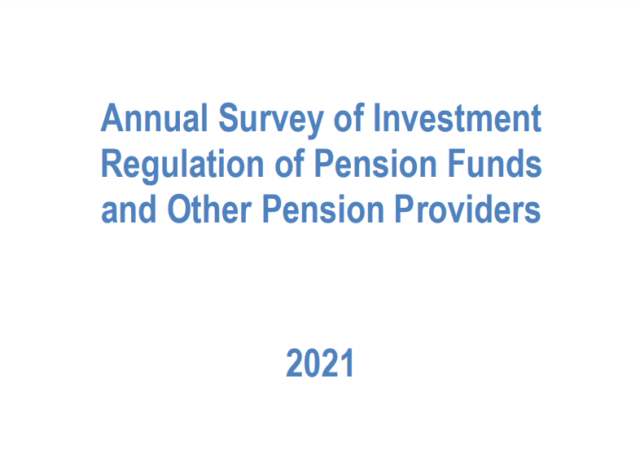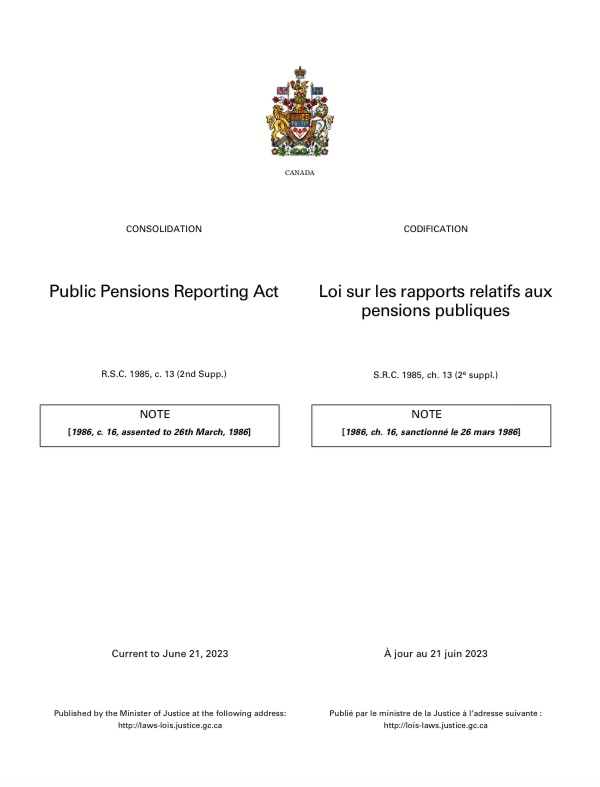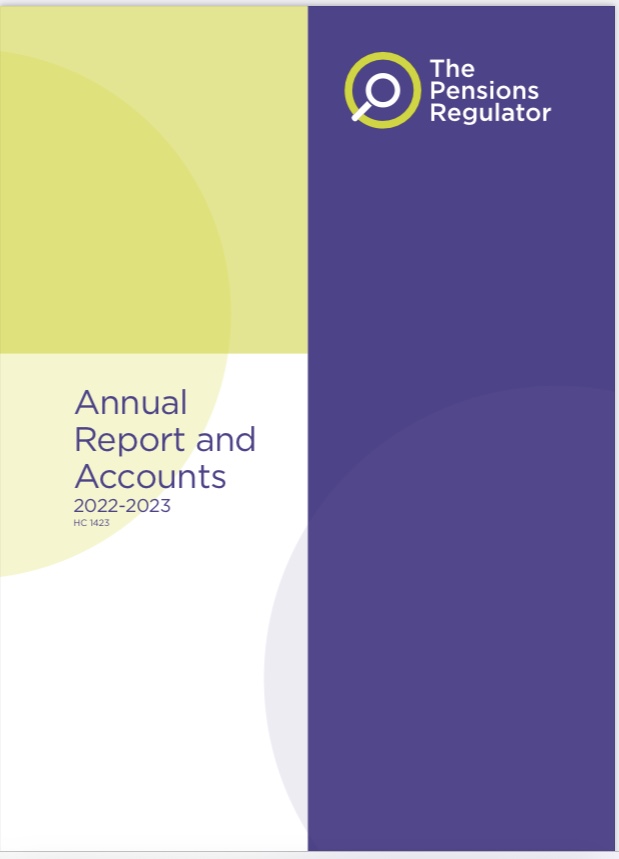Public pensions reforms: financial and political sustainability
By Julián Díaz Saavedra One main reason for the unsustainability of future pensions in many European countries is a failure to adapt to very long-term demographic trends. Also, a reform to address financing issues can also be an occasion to improve pension design. Sometimes, however, such pension reforms are likely to be overturned when they lead to significant short-term losses in retirement income. We use an overlapping generations economy with incomplete insurance markets to show that, with an appropriate design,...










